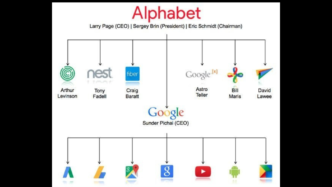New Delhi: In a surprising turn of events, Google has announced it will not be removing third-party cookies from its Chrome browser as previously planned. Instead, the tech giant will introduce a new system that gives users more control over their online privacy.
This decision comes after years of controversy surrounding third-party cookies, which track users across different websites and allow advertisers to target them with personalized ads. While many privacy advocates have applauded the move to eliminate cookies, the advertising industry has been wary of the potential impact on targeted advertising.
According to a blog post by Anthony Chavez, Vice President of Google’s Privacy Sandbox initiative, the company will be focusing on a “new experience in Chrome” that empowers users to make informed choices about their browsing data. These choices will be customizable and can be adjusted at any time.
ALSO READ: NDTV and Hyundai Partner to Enhance Accessibility at Major Airports for Travellers with Disabilities
This shift in strategy reflects the complexity of developing a privacy-focused advertising system. Google acknowledges the significant work required and the potential disruption to online advertisers who rely on third-party cookies.
However, Google isn’t abandoning its efforts to create a more private browsing experience. The company assures that the Privacy Sandbox, a project developing privacy-preserving ad technology alternatives, will continue. Existing APIs within the Sandbox will be maintained and further developed to enhance both user privacy and ad effectiveness. Additionally, new privacy features, such as IP masking in Chrome’s Incognito mode, will be integrated into the Sandbox.
This decision comes after several delays in Google’s original plan to phase out third-party cookies by 2022. The revised timeline pushed the deadline to sometime in 2025, and now, it seems, a completely different approach will be taken.
While the specifics of this “new experience” remain unclear, one thing is certain: Google is prioritizing user control over their online data. This move could have significant implications for the future of online advertising and user privacy on the web.













